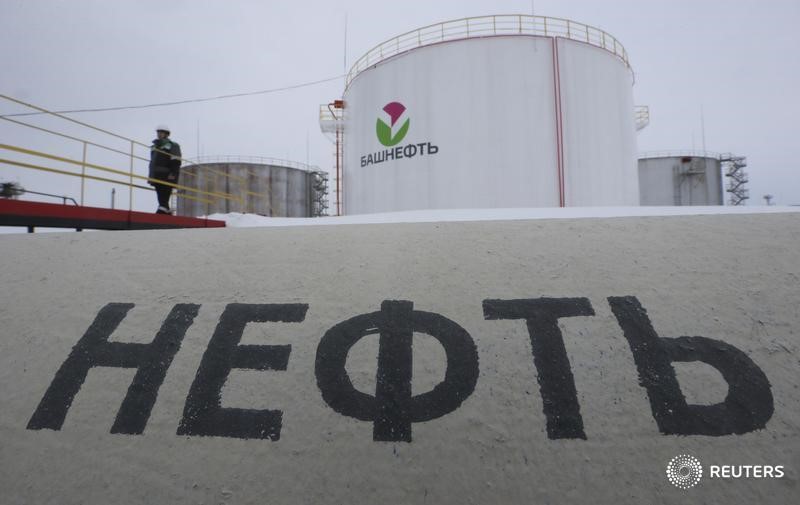By Barani Krishnan
Investing.com -- Crude prices fell almost 3% Thursday as Europe dropped the idea of banning Russian supply, while the United States spoke of another coordinated release from its reserves and those of its allies to ease the oil deficit heightened by the month-long Russian-Ukraine war.
The apparent discovery of a partial fix for the outage at the Caspian Pipeline Consortium in the Black Sea also pushed the market down from the previous day’s highs of above $120 barrel.
The so-called CPC was set to partially resume oil loadings on Thursday after a successful inspection, Reuters reported. Russian Energy Minister Alexander Novak said a day ago that the pipeline, which ships around 1.2 million barrels per day of Kazakh and Russian oil combined, may be completely stopped for up to two months due to storm-damaged berths on the Black Sea terminal.
“The focus for oil remains with the war in Ukraine (but) Russian energy will not be sanctioned anytime soon,” Ed Moya, analyst at online trading platform OANDA, said.
London-traded Brent, the global benchmark for oil, fell $3.88, or 3.2%, at $117.72 by 2:40 PM ET (18:40 GMT).
For the week though, Brent was up 8.5% after rallying in three previous sessions on supply scares. If the market doesn’t change much on Friday, those gains would set Brent up for its biggest week since the 20% rally in the week that marked the start of Russia’s Feb. 24 invasion of Ukraine.
U.S. crude’s West Texas Intermediate, or WTI, benchmark was down $3.55, or 3.1%, at $111.38 in post-settlement trade. It earlier closed Thursday’s trade down $2.59, or 2.3%, at $112.34. WTI was up about 6% on the week.
Crude prices fell after the European Union did not agree on a plan to boycott Russian oil. But EU leaders also said they would not comply with Moscow's demand to buy oil and gas using rubles.
The United States and its allies, meanwhile, discussed a possible further coordinated release of oil from their releases, after the 60-million barrel release announced earlier this month.
"With respect to the emergency stockpiles, these are ongoing discussions and all those tools are certainly on the table," U.S. Energy Secretary Jennifer Granholm said during a news conference at the International Energy Agency in Paris.
